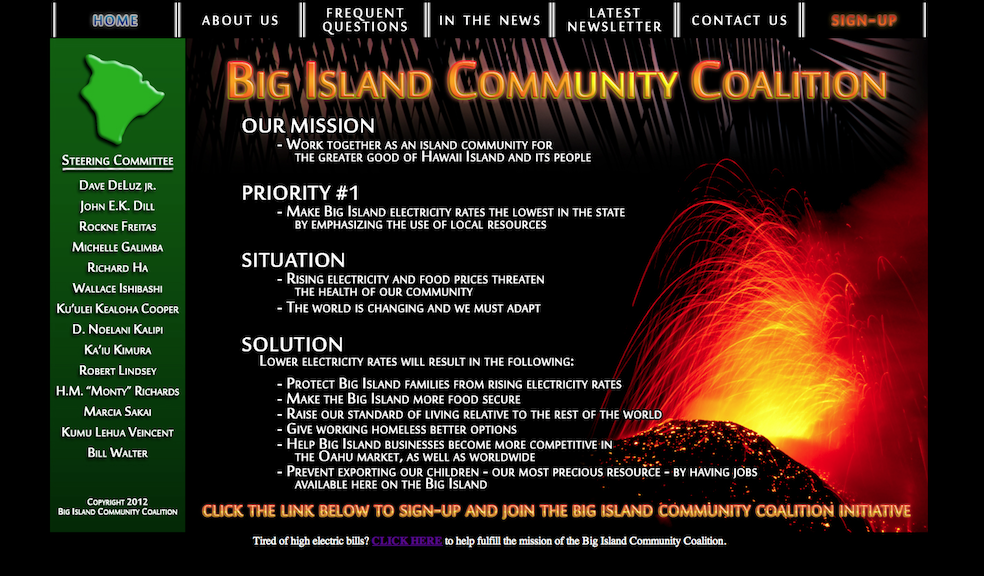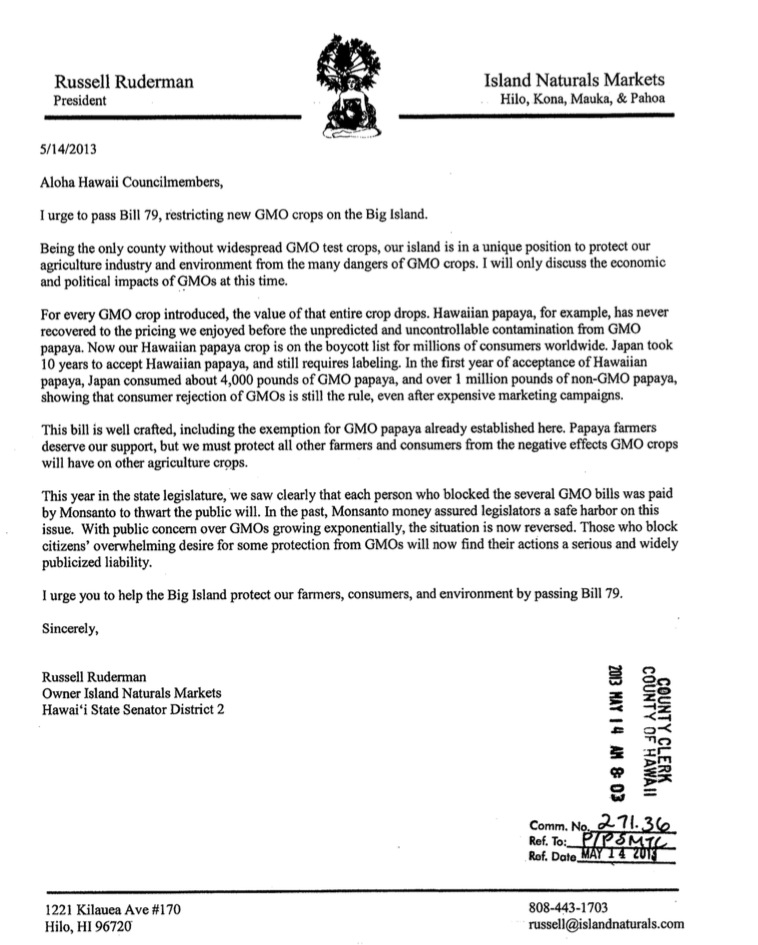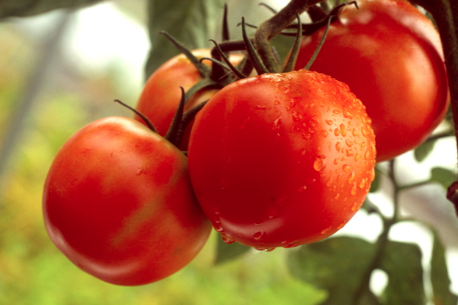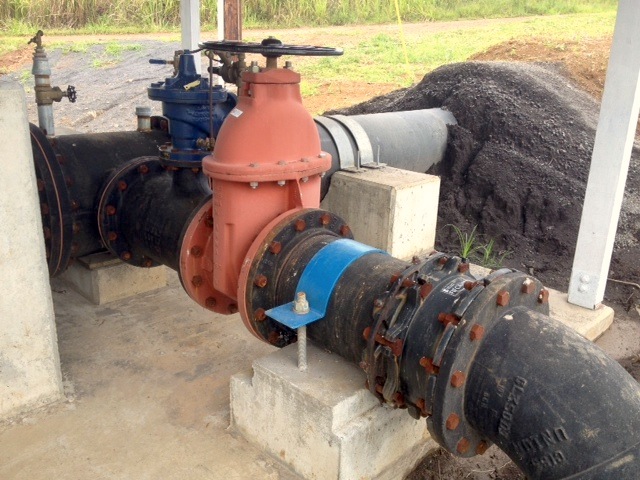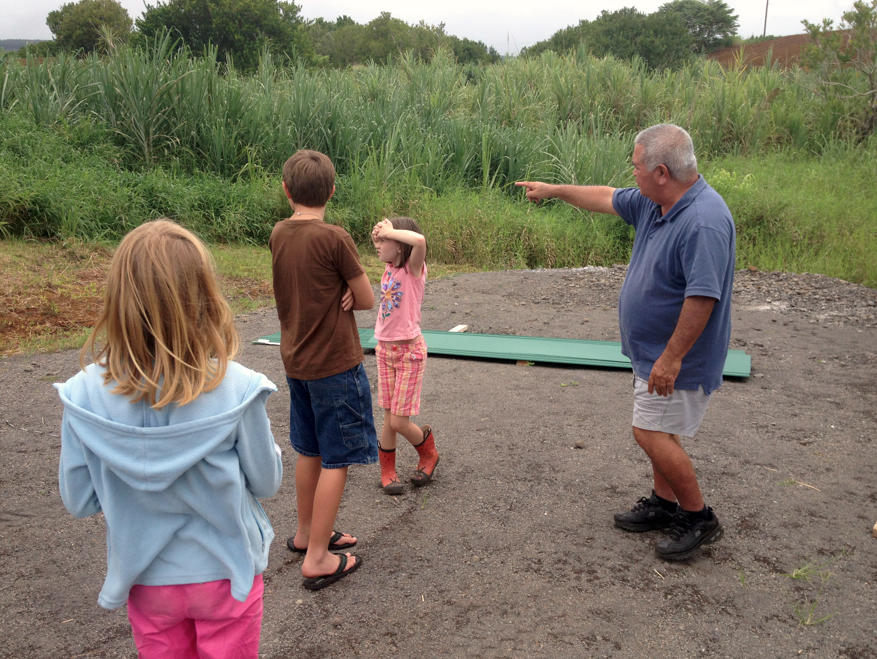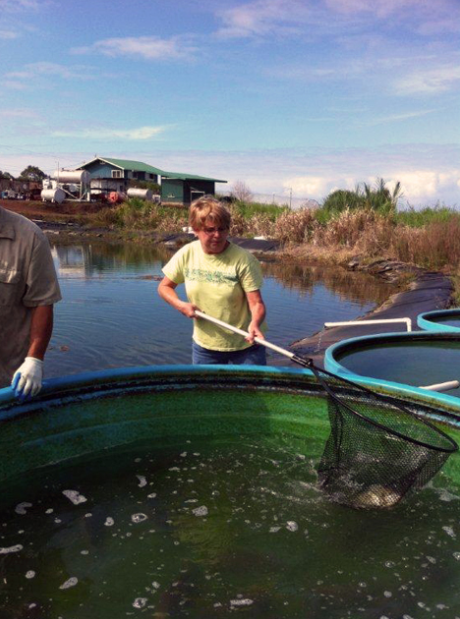Richard Ha writes:
Kamehameha's Law of the Splintered Paddle has modern-day application. To those who aspire to be ali’i as they point their fingers in the air and pronounce what we must do to preserve the past: do not forget the rubbah slippah folks.
You who want to be our ali‘i, our leaders – I don't see you leading us forward, but only back. You want to keep everything the way it used to be, while we are marching into crisis.
The rubbah slippah folks have the right to disagree with the (self-proclaimed) ali’i if those "ali‘i" do not take care of the people.
Read this historical note, from Wikipedia about the "removal of chiefs" due to the mistreatment of common people intolerant of bad government:
It has been noted that Kānāwai Māmalahoe [the Law of the Splintered Paddle] was not an invention of Kamehameha I, but rather an articulation of concepts regarding governmental legitimacy that have been held in Hawaiʻi for many prior generations. Countless stories abound in Hawaiian folklore of the removal of chiefs – generally, but not always, through popular execution – as a result of mistreatment of the common people, who have traditionally been intolerant of bad government. As a shrewd politician and leader as well as a skilled warrior, Kamehameha used these concepts to turn what could have been a point of major popular criticism to his political advantage, while protecting the human rights of his people for future generations.
The price of oil is four times higher than it was ten years ago and the price of everything is through the roof (and still going up). More and people people cannot afford to live here; in fact, more Hawaiians live outside Hawai‘i than on these islands. Isn't that the same as losing our land?
How are you addressing that? How is trying to shut down our geothermal resource (which will substantially reduce our electricity costs), trying to outlaw our biotech options (which will substantially reduce our food costs), and trying to keep out the TMT (which will open up all sorts of new options), helping our people?
The world is changing. There is more and more homelessness. More than half of all Hawaiians no longer live in Hawai‘i. Young folks cannot find jobs. Farmers are getting older and older, because young people are not going into farming.
What will happen to the rubbah slippah folks in the face of finite resources? Those who aspire to be ali‘i, remember this: "You cannot be ali’i if you cannot feed the people."
- Geothermal is a gift from Pele that will protect us from electricity and other costs that are spiraling out of control. Why would anyone aspiring to be ali’i want to take away this gift in the face of declining resources?
- The Thirty Meter Telescope brings our young people great opportunity and inspiration, and it brings the island economic gain, jobs, and more than $50 million in cash to a fund for the education of our keiki. Why would anyone aspiring to be ali’i take these opportunities away from our future generations?
- Biotechnology is a tool that will safely feed our people. Why would anyone aspiring to be ali’i take this tool away from farmers trying to feed the people? Farmers representing ninety percent of the farm sales on the Big Island favor using biotech tools. Why look to outsiders for advice when Big Island farmers are telling you what you need to know?
If it wasn't used in pre-contact time, it's bad? Is that really your thinking? Would Kamehameha agree?

